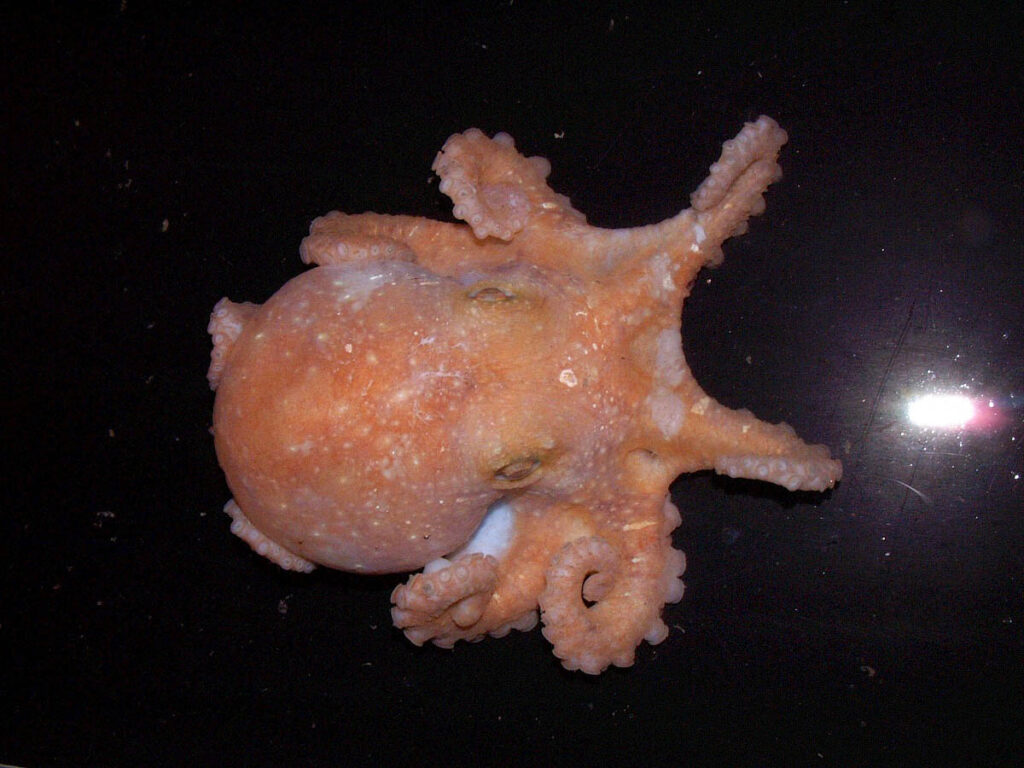A study, in which Catarina Silva, a researcher at the Department of Life Sciences (DCV) of the Faculty of Science and Technology of the University of Coimbra (FCTUC), participates, shows that the genetics of the octopus Turqueti Pareledone contains a serious warning about rising sea levels: the West Antarctic ice sheet may have completely collapsed during the Last Interglacial period, around 120 years ago, when global temperatures were similar to today.
This study, just published in the journal Science, provides the first empirical evidence that the collapse of this ice sheet can happen even under the Paris Agreement goals of limiting warming to 1,5-2 degrees Celsius (ºC).
According to Catarina Silva, co-author of the scientific article, the research helps to understand whether or not the West Antarctic ice sheet collapsed in the recent past, when global temperatures were similar to today, increasing the accuracy of future global projections. of sea level rise. «This issue is very important, because a future total collapse of the West Antarctic ice sheet could lead to a rise in global sea levels of 3 to 5 meters», warns the researcher at the Center for Functional Ecology (CFE) at DCV.
Octopus genetic analysis Turqueti Pareledone «it made it possible to identify if and when populations were in contact and exchanged genetic material. We compared the genetic profiles of populations in the Weddell, Amundsen and Ross Seas and found genetic connectivity dating back to the Last Interglacial,” he concludes.
This genetic connectivity would only be possible if a complete collapse of the West Antarctic Ice Sheet occurred during the Last Interglacial, opening shipping routes linking the current Weddell, Amundsen and Ross Seas. This would have allowed the octopus to cross the open strait and exchange genetic material, which we can identify in the DNA of current populations.
The findings of this study, led by researchers at James Cook University, Australia, will support decision-making around adaptation and mitigation measures in coastal regions around the world.
The scientific article is available for consultation at: https://www.science.org/doi/10.1126/science.ade0664.




















Comments